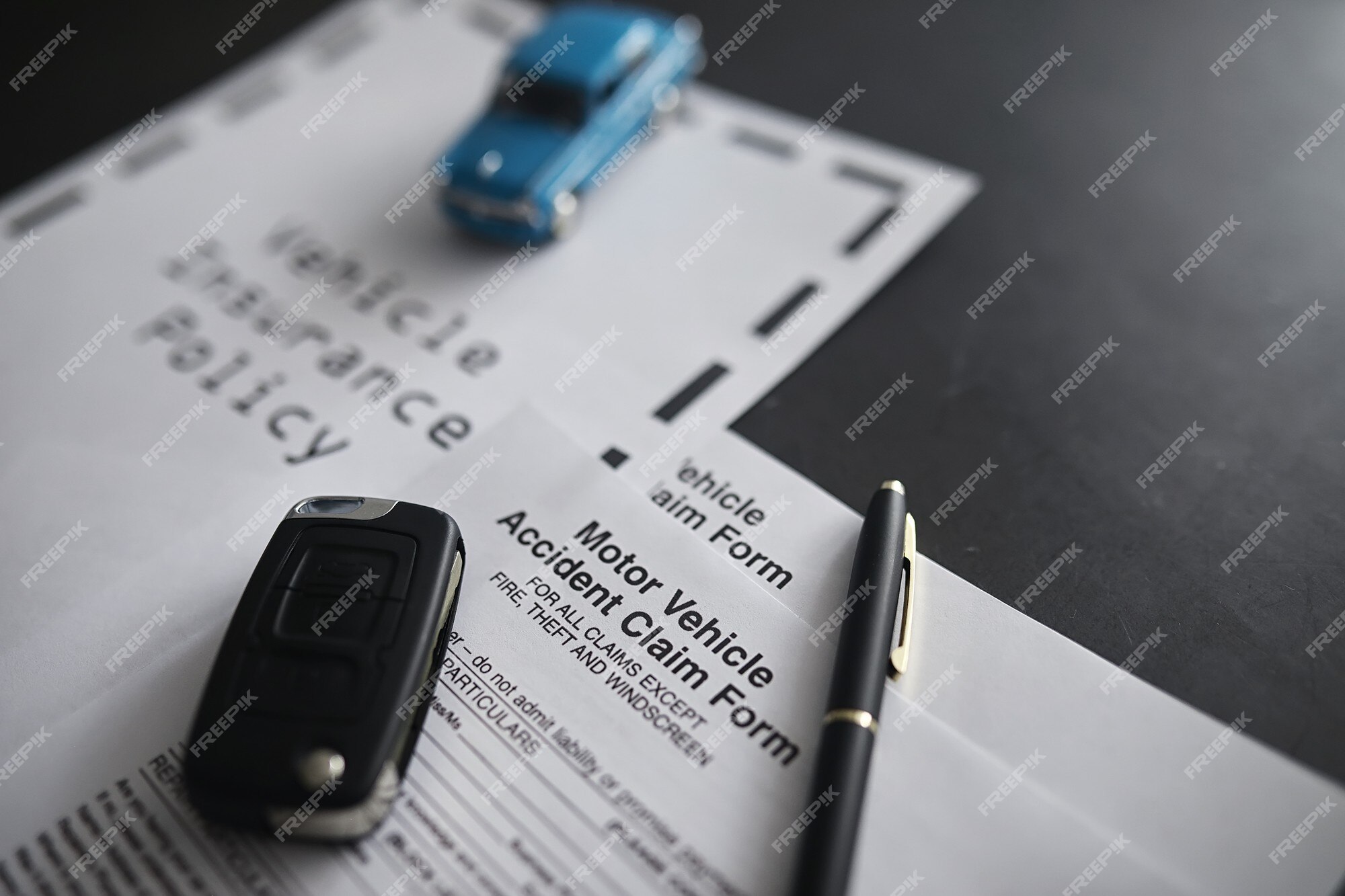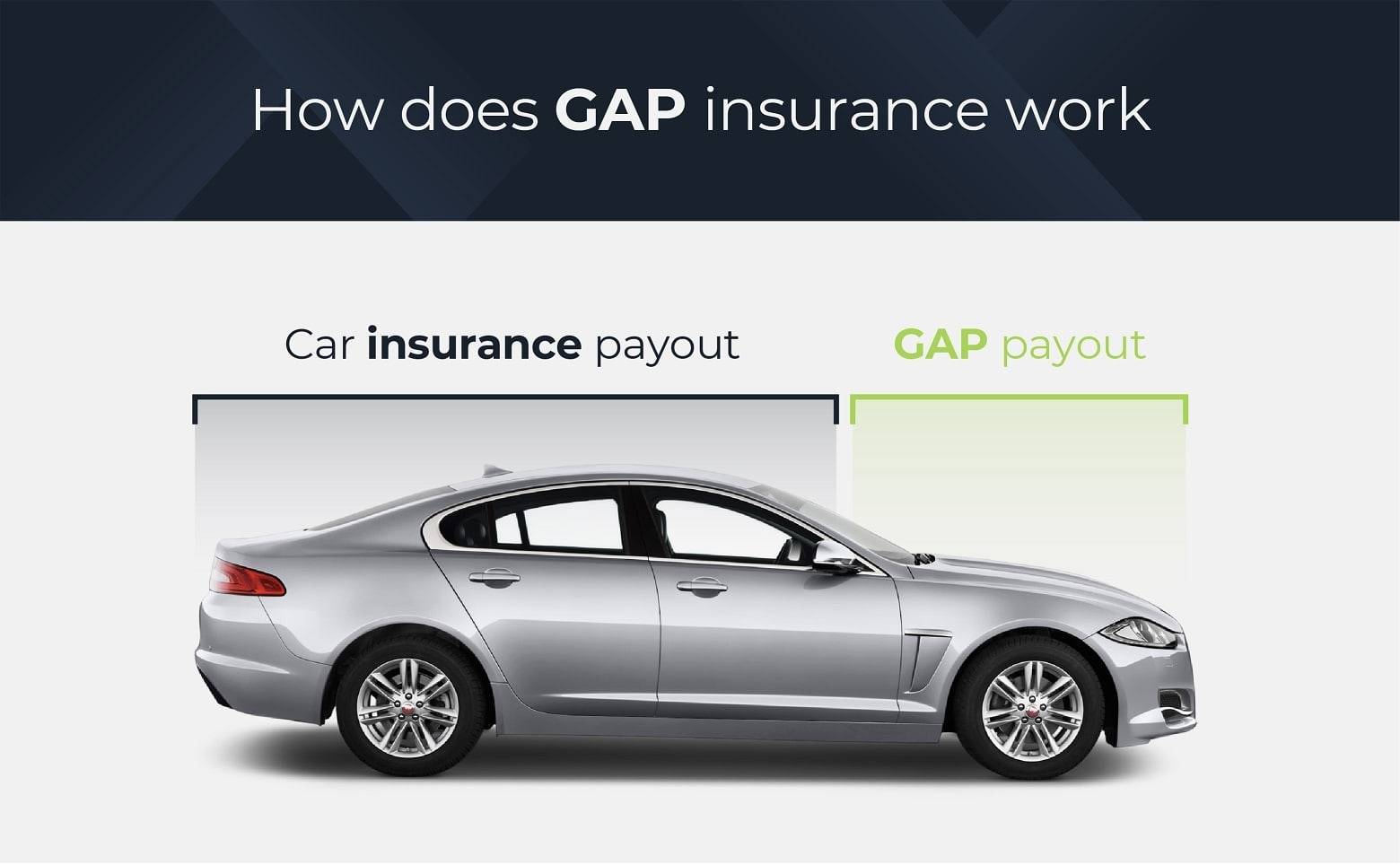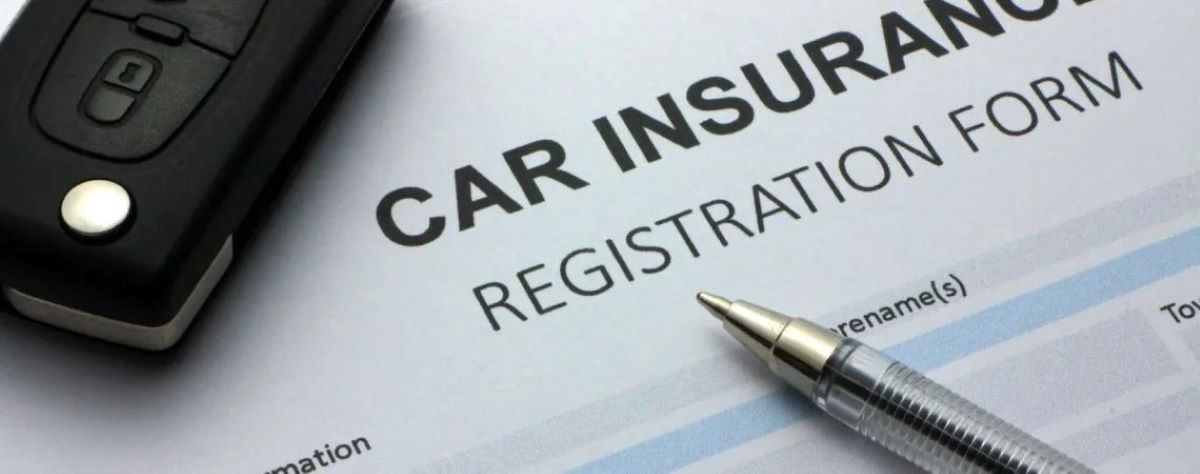Home>Finance>Do I Need To Tell My Insurance When I Pay Off My Car


Finance
Do I Need To Tell My Insurance When I Pay Off My Car
Published: November 13, 2023
Find out if you should inform your insurance company when you fully pay off your vehicle. Understand the implications for your finance and coverage.
(Many of the links in this article redirect to a specific reviewed product. Your purchase of these products through affiliate links helps to generate commission for LiveWell, at no extra cost. Learn more)
Table of Contents
Introduction
When you finally pay off your car loan, it’s a moment of celebration and relief. You’ve worked hard to make consistent payments and now you own your car outright. However, amidst the excitement, it’s important not to overlook the impact this milestone can have on your auto insurance policy. Many vehicle owners wonder whether they need to inform their insurance company when they pay off their car.
The short answer is yes, it is highly recommended to inform your insurance company when you pay off your car loan. While it may not be a legal requirement, it can have significant implications for your coverage and potential savings. This article will explore why it’s important to notify your insurance company, the benefits of doing so, the potential consequences of not informing them, how to properly notify your insurance company, and factors to consider before making this decision.
By understanding the importance of notifying your insurance company and the potential implications of not doing so, you’ll be able to make informed decisions that protect your financial well-being and ensure you have the right coverage for your vehicle.
Why Should You Inform Your Insurance?
Informing your insurance company when you pay off your car loan is essential for several reasons:
- Accurate Coverage: Your car insurance policy is designed to protect you and your vehicle. By notifying your insurance company of changes to your car ownership status, they can update your policy to accurately reflect your current situation. This ensures that you have the appropriate coverage in case of an accident or unexpected event.
- Potential Savings: Paying off your car loan can open up opportunities to save on your insurance premiums. Since you no longer have a lender, you may no longer be required to carry certain coverages, such as comprehensive and collision, which can be costly. By informing your insurance company, they can adjust your policy accordingly, potentially reducing your premiums and saving you money.
- Policy Amendments: Informing your insurance company about paying off your car loan allows them to make any necessary amendments to your policy. This ensures that all relevant information about your vehicle and ownership status is up to date. It also helps prevent any potential disputes or complications in the event of a claim.
- Proper Valuation: The value of your car may have changed since you first took out your insurance policy. By notifying your insurance company of the paid-off status, they can reevaluate the value of your car, which may impact your coverage limits and premium calculations.
By informing your insurance company about paying off your car loan, you can ensure that you have accurate coverage, take advantage of potential savings, make necessary policy amendments, and ensure that the valuation of your vehicle reflects its current status. It’s in your best interest to keep your insurance provider updated and maintain a transparent relationship with them.
Potential Benefits of Informing Your Insurance
Informing your insurance company when you pay off your car loan can bring several potential benefits:
- Premium Reduction: One of the primary benefits is the potential reduction in your insurance premiums. When you pay off your car loan, you may no longer be required to carry certain coverages that were mandated by your lender. These coverages, such as collision and comprehensive, can be expensive. By updating your policy to reflect your paid-off status, your insurance company can adjust your premiums accordingly, potentially resulting in significant savings over time.
- Flexibility in Coverage: Paying off your car loan can also give you the freedom to adjust your coverage options. For example, if your lender required a certain level of coverage, such as a low deductible, once the loan is paid off, you may have the choice to increase your deductible and lower your premiums. This increased flexibility allows you to customize your policy to better suit your needs and budget.
- No Lender Requirements: When you have a car loan, the lender may impose certain requirements on your insurance policy, such as specified coverage limits. Once the loan is paid off, you are no longer bound by these requirements, giving you more control over your coverage decisions. By informing your insurance company, you can ensure that any previously mandated coverages are removed, allowing you to tailor your policy according to your preferences.
- Simplified Claims Process: Keeping your insurance provider informed about changes in your vehicle ownership status ensures a smoother claims process. If you need to file a claim, your insurance company will have accurate and up-to-date information about your vehicle, reducing the chances of any disputes or complications. This helps expedite the claims process and ensures that you receive the appropriate reimbursement in a timely manner.
By informing your insurance company about paying off your car loan, you can potentially enjoy lower premiums, greater flexibility in coverage options, the freedom from lender requirements, and a streamlined claims process. These benefits can result in financial savings, peace of mind, and a more tailored insurance policy that meets your specific needs.
Possible Consequences of Not Informing Your Insurance
While it may be tempting to think that not informing your insurance company about paying off your car loan won’t have any negative consequences, there are several potential risks involved:
- Inadequate Coverage: If you don’t inform your insurance company about your changed ownership status, your policy may still reflect the coverage requirements imposed by your lender. This means you could be paying for coverages you no longer need and missing out on potential savings. Additionally, if your coverage limits are not adjusted to reflect the current value of your vehicle, you may be at risk of being underinsured in the event of an accident.
- Policy Invalidity: Failing to update your insurance company about paying off your car loan may lead to issues with policy validity. If your insurance company discovers that you didn’t inform them about this change, they could potentially deny your claims or even cancel your policy altogether. This can leave you financially vulnerable and without the protection you thought you had.
- Concealment of Material Facts: Insurance policies require policyholders to disclose any material changes that could affect coverage. Not informing your insurance company about paying off your car loan could be considered a failure to disclose a material fact. If this is discovered, it could have legal and financial consequences, including potential legal penalties and difficulty securing insurance coverage in the future.
- Missed Savings: By not informing your insurance company, you may be missing out on potential savings. Without updating your policy to reflect your paid-off status, you may continue to pay higher premiums for coverages that are no longer necessary. This can result in unnecessary expenses that could have been avoided.
It’s important to remember that insurance companies rely on accurate and up-to-date information to provide the appropriate coverage and prevent any fraudulent activities. Failing to inform your insurance company about paying off your car loan can have serious implications, including inadequate coverage, policy invalidity, legal consequences, and missed savings. To avoid these risks, it’s crucial to notify your insurance provider of this change in your vehicle ownership status.
How to Notify Your Insurance Company
When it comes to notifying your insurance company about paying off your car loan, it’s important to follow the proper procedures to ensure a smooth transition. Here are some steps to help you effectively notify your insurance company:
- Contact your insurance company: Reach out to your insurance company as soon as possible after paying off your car loan. You can contact them either by phone or through their online portal. Ensure you have your policy number and any relevant documents ready for reference.
- Provide necessary information: When contacting your insurance company, be prepared to provide them with the pertinent details, such as your full name, policy number, and the date you paid off your car loan. They may also require information about your vehicle, including the make, model, and VIN (Vehicle Identification Number).
- Explain your situation: Clearly communicate to your insurance company that you have paid off your car loan and no longer have a lender. This will help them understand the reason for the update and the changes that need to be made to your policy.
- Review your policy: Take the time to review your current policy with your insurance company. Discuss any changes in coverage or adjustments that need to be made to ensure your policy accurately reflects your paid-off status. This includes removing any coverages that were required by your lender but are no longer necessary.
- Ask about potential savings: Inquire with your insurance company about any potential savings that may be applicable to your policy now that you have paid off your car loan. They can provide guidance on possible premium reductions and other cost-saving opportunities.
- Update your policy documents: After notifying your insurance company, carefully review any updated policy documents they provide. Make sure all changes have been correctly reflected, including the removal of any lender-specific requirements.
Remember to keep records of your communications with your insurance company, including the date, time, and the name of the representative you spoke with. This can be invaluable in case of any discrepancies or issues that may arise in the future.
By following these steps and effectively communicating with your insurance company, you can ensure that your policy is updated to accurately reflect your paid-off car loan status and take advantage of any potential savings or adjustments to your coverage.
Factors to Consider Before Informing Your Insurance
Before informing your insurance company about paying off your car loan, there are some important factors to consider:
- Lender Requirements: Review your car loan agreement and check if there are any specific requirements or obligations related to your insurance coverage. Some lenders may have stipulated minimum coverage limits or specific types of coverage. While it’s essential to inform your insurance company about paying off your car loan, it’s equally important to ensure that you fulfill all your contractual obligations.
- Current Coverage: Assess your current insurance coverage and evaluate whether it adequately meets your needs. Consider factors such as the age, condition, and value of your vehicle. If the cost of comprehensive and collision coverage exceeds the value of your car, it may be worth considering if you still want to carry these coverages. However, have a clear understanding of the potential risks and financial implications of removing these coverages before making any decisions.
- Insurance Rates: Research and compare insurance rates from different providers to ensure you are getting the best possible coverage at a competitive price. Once you have paid off your car loan, it’s the perfect opportunity to shop around and explore different insurance options. Keep in mind that changing insurance providers may require you to inform your current insurance company about your paid-off status before making the switch.
- Alternative Financial Plan: Consider if you have alternative financial plans in place to cover any potential damages or losses to your vehicle. Without comprehensive and collision coverage, you may be responsible for repair or replacement costs if your car is damaged in an accident. Make sure you have a plan in place to handle unexpected expenses, such as an emergency fund or the ability to absorb the financial impact.
- Deductible Considerations: Evaluate your deductible amount and assess whether it still aligns with your financial capabilities. Increasing your deductible can help lower your premiums, but be sure you can comfortably afford the higher out-of-pocket expense in the event of a claim. Determine the balance between savings on premiums and the potential financial burden of a higher deductible.
Considering these factors will help you make an informed decision about informing your insurance company, adjusting your coverage options, and potentially exploring other insurance providers. It’s crucial to carefully assess your financial situation, coverage needs, and any contract obligations to ensure you are making the right choices for your specific circumstances.
Conclusion
Paying off your car loan is a significant milestone that deserves celebration. However, it’s important not to overlook the importance of notifying your insurance company about this change in your vehicle ownership status. While it may not be legally required, informing your insurance provider can have a range of benefits and help protect you from potential consequences.
By informing your insurance company, you can ensure that your coverage accurately reflects your paid-off status and potentially take advantage of cost savings by adjusting your policy. It also helps prevent any disputes or complications in the event of a claim, providing you with peace of mind knowing that you have the appropriate coverage in place.
Before contacting your insurance company, consider factors such as your lender requirements, current coverage needs, insurance rates, alternative financial plans, and deductible considerations. These factors will help you make informed decisions about adjusting your coverage options and potentially exploring other insurance providers.
Remember, maintaining open and transparent communication with your insurance company is key. Keep records of your conversations, policy updates, and any changes made to ensure that you have a clear understanding of your coverage.
In conclusion, while the decision to inform your insurance company about paying off your car loan ultimately depends on your unique circumstances, it is highly recommended to do so. By taking the necessary steps and staying proactive, you can ensure that your insurance policy accurately reflects your paid-off status and potentially enjoy cost savings while maintaining the protection and peace of mind you deserve.














